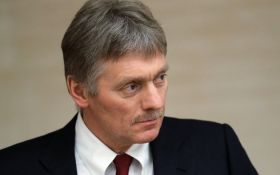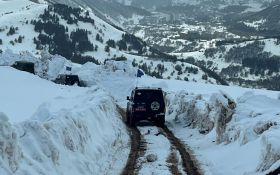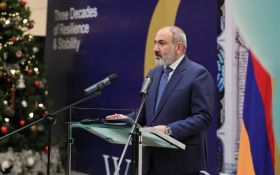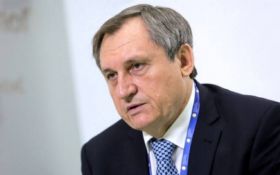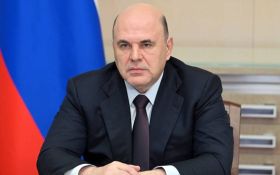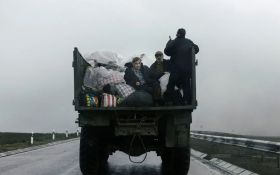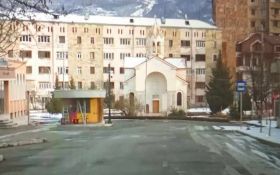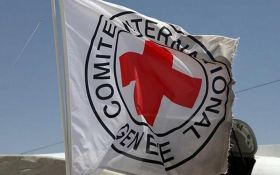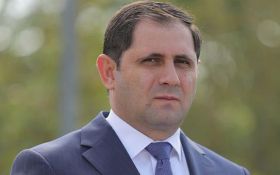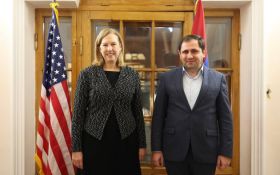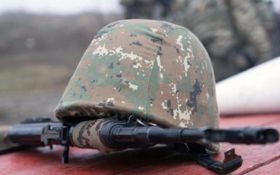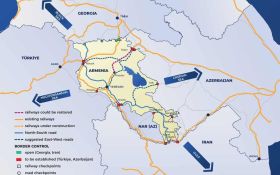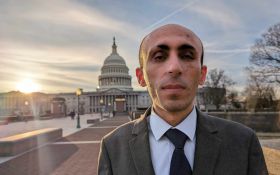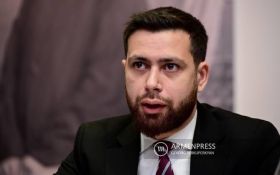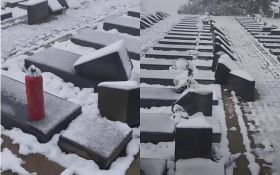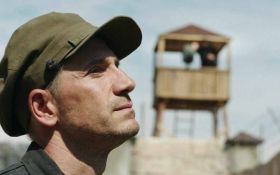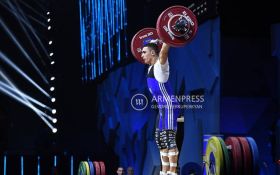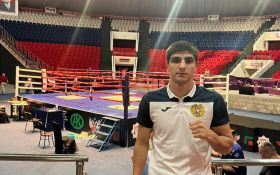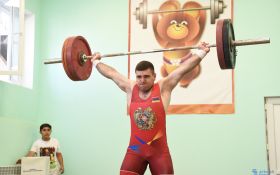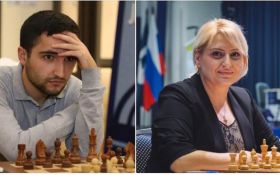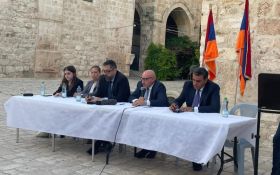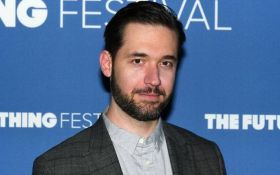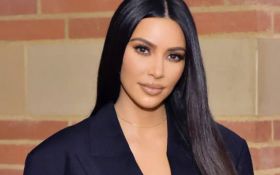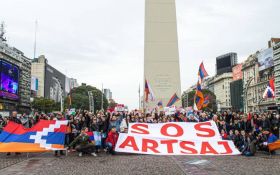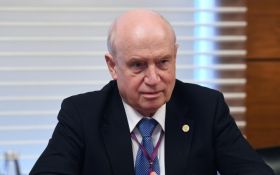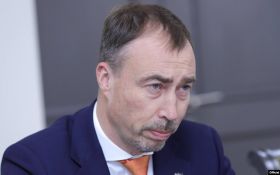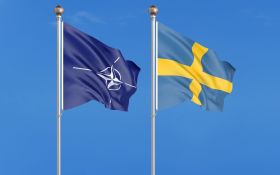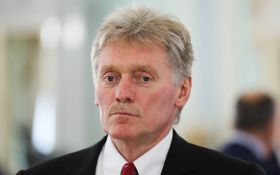The tactical military exercises of the Armenian-Russian Joint Troops Formation show that the Armenian-Russian military alliance is still active and continues strengthening, military analyst and Deputy Director of the Moscow Institute for Political and Military Analysis Alexander Khramchikhin told ARMENPRESS in an interview.
Armenian-Russian alliance has no adversaries in the region other than Azerbaijan and Turkey – military expert on drills
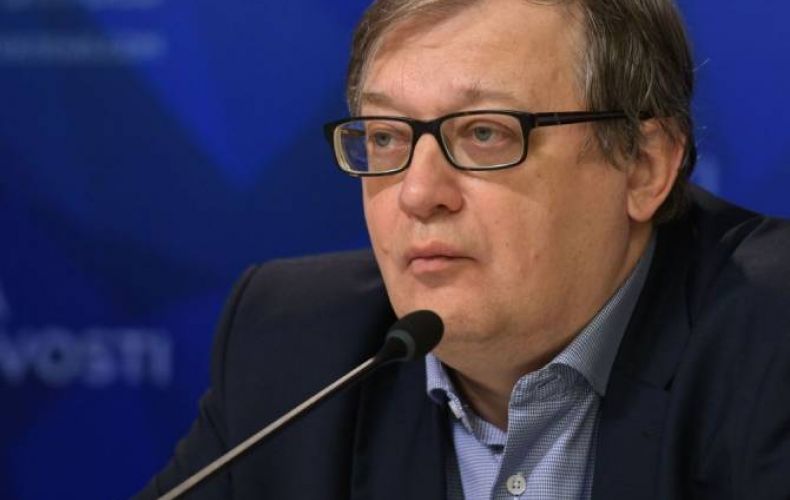
STEPANAKERT, OCTOBER 26, ARTSAKHPRESS-ARMENPRESS: The unified formation of the Armenian and Russian militaries is holding the drills since October 22.
“There can’t be troops without exercises, training and improvement,” he said. “If there are armed forces, then they must continuously train, or else get disbanded. Therefore, from a military perspective alone this is absolutely a normal occurrence. But if we are talking about not one but the cooperation of armed forces of two countries, then moreover there is the need to develop joint military actions with practical training,” Khramchikhin said.
Speaking about the political aspect of the exercises, the analyst noted that even if the drills don’t have any political subtexts all neighboring countries will nevertheless perceive them as the strengthening of the Armenia-Russia military alliance.
“In this case, nevertheless the principle matter is the political aspect. If a unified formation of troops exists, then who is the commander of the formation and what happens during wartime? I don’t know what the specific scenario of the exercises is, but it is obvious that there are no adversaries other than Azerbaijan and Turkey. It’s clear isn’t it that Georgia can’t be Armenia and Russia’s adversary, that’s not serious. Therefore, there’s no one left other than Azerbaijan and Turkey,” Khramchikhin added.
In a broader sense the Armenia-Azerbaijan confrontation – which the allies of Armenia and Azerbaijan touch upon in various ways, fits into a broader regional and geopolitical competition picture where the main actors are the three active parties of the Syrian crisis resolution – Russia, Turkey and Iran, according to Khramchikhin.
According to Khramchikhin, after the 2020 Artsakh war the three abovementioned countries are fighting – overtly or sometimes covertly – for a new alignment of forces in the region, a so-called new status-quo. That’s why, he said, albeit the cessation of hostilities in Nagorno Karabakh the situation in Southern Caucasus remains tense.
Nevertheless, Russia categorically doesn’t want to allow the presence of Turkish troops in Azerbaijan, he added. But on the other hand, Azerbaijan is playing its own game and during the Aliyev presidency Azerbaijan won’t be “a 100% puppet of Turkey”, Khramchikhin stressed.
“This is a very big game which has multiple nuances. Moreover, Russia doesn’t want to see Turkish troops in Azerbaijan in any case, but at the same time doesn’t want to completely ruin its relations with Turkey. Although in my opinion eventually this won’t be possible to avoid, but for now Russia is doing everything to maximally delay that moment,” Khramchikhin said.

